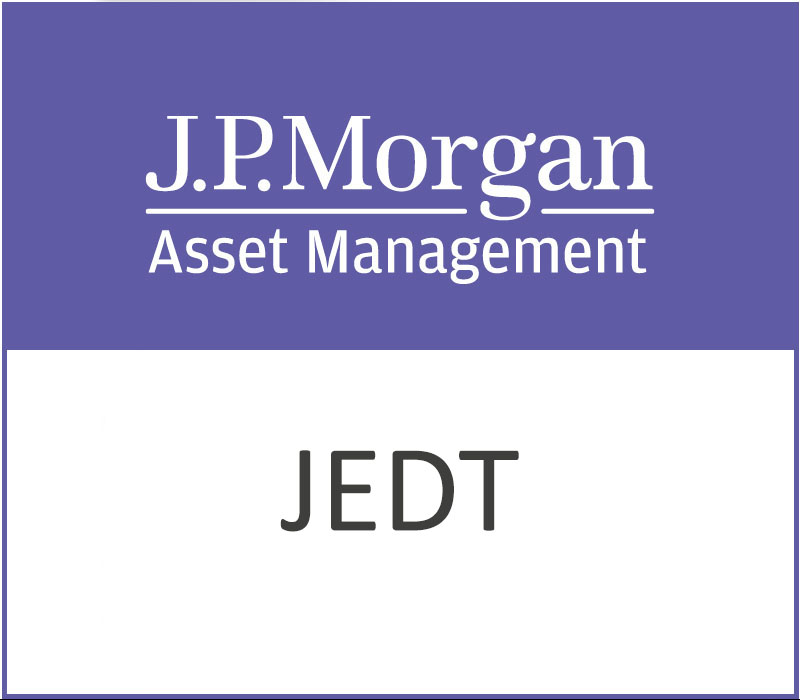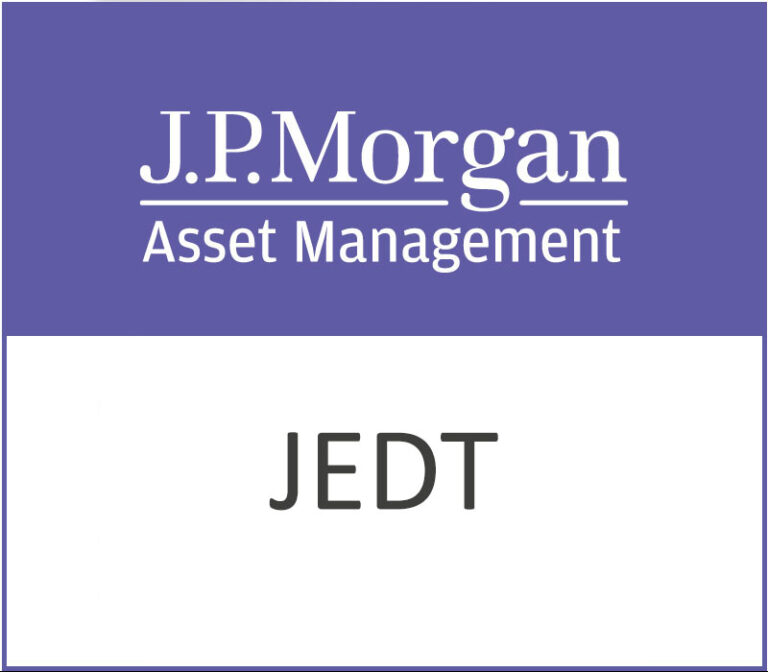Strong global consumer demand has increasingly buoyed Europe’s broader equity landscape, but beneath the surface, it’s the undercurrents at luxury powerhouse Kering that may be telling. As markets opened this week on a positive tone amidst easing concerns around inflation and economic slowdown, Kering executed a leadership transition that feels deliberate, and strategic. The CEO shift, while not headline-grabbing like a takeover or major merger, carries a nuance that could prove more impactful over time.
In this environment, where central banks are showing restraint and investors are eyeing corporate governance, every board decision feels magnified. Kering’s appointment of a new chief executive, someone likely chosen to steer the second-tier brands into sharper focus, speaks to a recalibration of priorities. Rather than chasing headline-worthy growth through the marquee labels, there appears to be a tilt towards unlocking value in the group’s broader portfolio. For long-term investors, that choice hints at a more balanced, diversification-driven strategy: capturing stable growth while hedging against brand-specific volatility.
It’s a move that coincides with Europe’s markets benefiting from improved sentiment. After weeks of investor caution around interest-rate signals, the early part of the new week has shown a rebound, with gains pulled from sectors like auto, industrials and financials. The luxury sector, often viewed as a bellwether for broader consumer strength, is clearly playing a role. Kering’s leadership pivot now adds texture: repositioning the company without resorting to aggressive tactics. It’s a confident message, one that suggests the board trusts existing foundations but sees room for refinement in steering strategy.
For the discerning investor, this is where the story becomes more interesting. CEO changes are often triggers for dramatic revisions in cost structures, brand direction or capital allocation. Yet Kering’s approach feels less disruptive and more introspective—emphasising sustainability, product excellence and measured expansion rather than headline-grabbing acquisitions. That could align well with current investor appetites, which favour reliable execution over uncertain gambles.
Moreover, this signals awareness of broader pressures. A luxury group depends not only on premium pricing power, but also on deft supply chain oversight, digital commerce strength and emerging-market exposure. Steering those variables requires a steady hand. The board seems to have chosen continuity, but with an eye to evolution, raising the possibility of incremental improvements in margins, pricing discipline and emerging customer segments, particularly the younger, experience-driven consumer.
This pivot also reflects a wider theme playing out across Europe. The region’s index gains, while modest, are supported by rotation into consumer and industrial names. Investors are sniffing out areas that can hold up even as uncertainty lingers. In that context, Kering’s leadership update arrives as a signal rather than a shock: recalibration rather than reinvention. And for portfolios exposed to discretionary luxury, it offers a reminder that governance matters as much as sales.
Now, amidst Europe’s upward drift, the luxury sector offers a lesson in managing both growth and perception. Kering may not yet be flashing a bold new growth model, but perhaps that’s the point. With inflation receding, consumer sentiment stabilising, and global tourism recovering, there’s room for luxury groups to consolidate gains without overshooting. Kering’s board appears to see that opportunity. The new CEO’s task is clear: sharpen the execution, preserve the global brand equity, and nurture secondary assets that might otherwise be overlooked. For long-term allocators, it underscores the importance of strategy that’s quietly purposeful, not theatrically ambitious.
In the coming quarters, watch whether this shift translates into clearer margins, smoother earnings delivery, or more disciplined reinvestment. Markets may respond modestly now, but as this new leadership model steers through seasonal volatility or shifting consumer trends, its true impact could emerge.
JPMorgan European Discovery Trust plc is an investment trust company. The Investment Trust JEDT objective is to achieve capital growth from a portfolio of quoted smaller companies in Europe, excluding the United Kingdom.






































